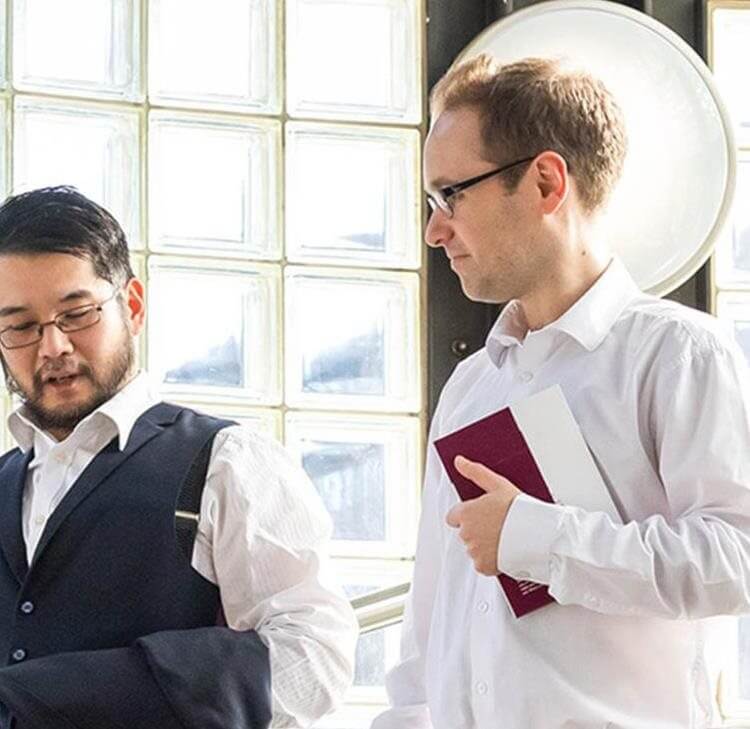Unfortunately there are times where disagreements arise over how a funeral should proceed.
There is considerable scope for divergent views in these circumstances; should there be a burial or a cremation? Where should the burial be, if there is to be one? If there is a cremation, where should ashes be scattered, or should somebody get to keep them, and if so, who? What type of service should there be?
This short guide takes a brief look at some of the relevant points of law in this area.
Who is responsible for arranging a funeral?
If the deceased left a Will, then it is the executor (or executors) named in that Will that have the authority to make decisions in relation to funeral arrangements. It is rare for the court to interfere with a decision made by either a lone executor or multiple executors who are in agreement; a notable exception was in relation to the proposed funeral arrangements for Ian Brady, which the court took objection to on public policy grounds.
If no Will is left, then the person (or persons) entitled to seek Letters of Administration on an intestacy will be responsible for funeral arrangements.
If for instance there is a dispute over the validity of a Will, or disagreement over who is entitled to take Letters of Administration, then the situation becomes more complicated, and it is often necessary to seek an interim grant/ letters from the court to allow the funeral to proceed, which allows the underlying disputes to be dealt with in the usual way.
What happens if the executors cannot agree on funeral arrangements?
The courts have set down guidance over the years on factors that will be considered where two people with equal entitlement to make a decision over funeral arrangements cannot reach an agreement. These factors are often given as;
- The deceased’s wishes;
- The reasonable wishes and requirements of family and friends; and
- The place with which the deceased had the closest connection.
There is also an overriding consideration that the body should be disposed of with all proper respect, decency and, if possible, without undue delay.
These factors will often be pulling in opposite directions to one another, and there is no hard and fast rule as to how the court must balance the factors. For that reason there is always a great deal of uncertainty as to the outcome of any court proceedings dealing with this type of dispute.
Who pays the costs of any dispute over funeral arrangements?
Whilst there is often scope for the estate to meet costs in disputes concerning probate issues, the courts have generally applied the 'normal' costs rules to disputes of this kind. That means the 'loser' can usually expect to have to pay the costs (or some of the costs) of the 'winner'. Ultimately though the court has a total discretion as to what order (if any) it makes in relation to costs, and in cases where there is no clear winner/loser, that too can create a great deal of uncertainty and risk.
Contact

Daniel Edwards
Partner
daniel.edwards@brownejacobson.com
+44 (0)330 045 2533





















